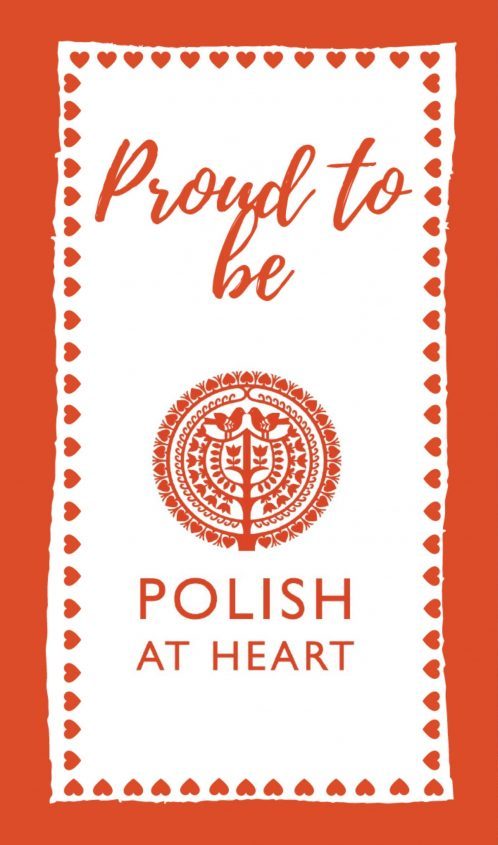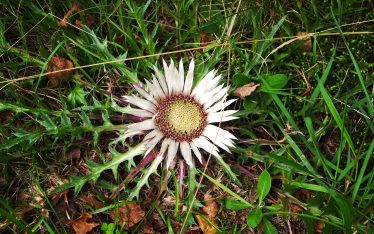The Danish concept of ‘hygge’ has been all the rage here in the UK these past two years; it resonates because British people love to find any new way to find contentedness in the face of modernity. When I was last in Kraków I came across a new new title called „Jakoś to będzie”. Quite hard to translate into English, this phrase approximates to “it’ll be alright”. Loaded with extra meaning, for Poles it sums up something else – a kind of cheerful optimism for the future in the face of adversity.
Poles are on the whole quite happy people (83% in 2015*) despite the constant grumbling and arguing which is a national pastime (and this is despite our current national situation, no doubt the subject of a future blog). Four authors of this book – Beata Chomątowska, Dorota Gruszka, Daniel Lis and Urszula Pieczek – wrote this following a longstanding conversation over many coffees. Their proposition is that that Danish ‘hygge’ is too passive an idea for Poles to adopt. Poles are passionate and love to add their own twist to things. So what are some of the essentials of Polishness presented in „Jakoś to Będzie” that help explain us to our friends and neighbours?
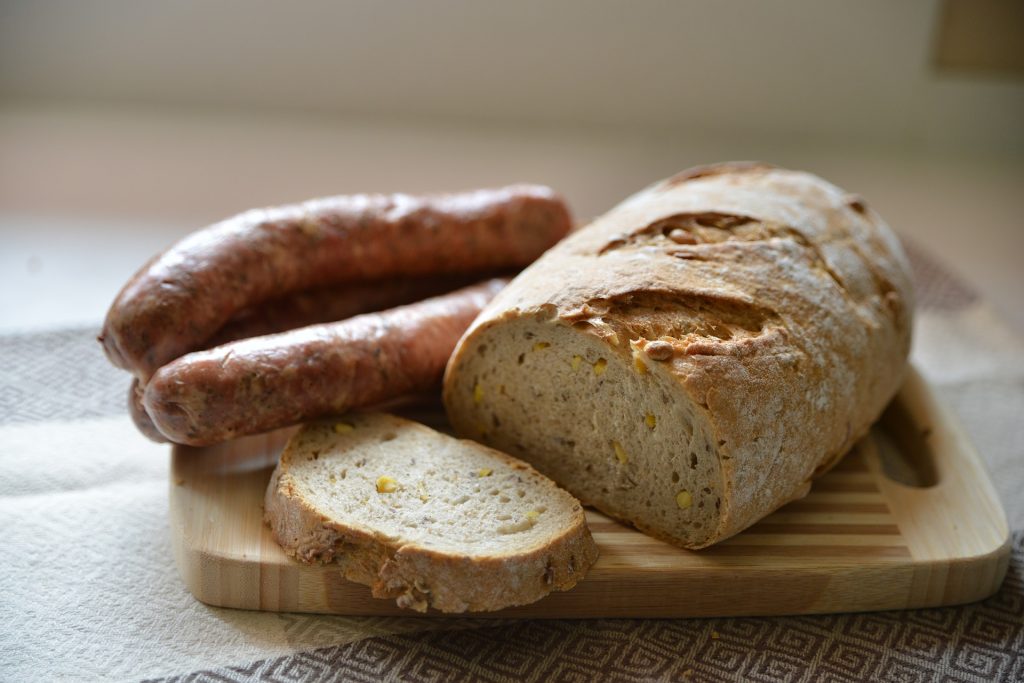
Take bread. Polish bread is the bedrock of Polish hospitality. To us Poles, bread is much, much more symbolic than the British notion of a sliced loaf. We Poles traditionally greet visitors with bread and salt saying „Gość w Domu, Bóg w domu”, „Guest in the house, God in the house”; in Poland, guests bring with them a notion of heaven. In past times, bread was incorporated into daily rituals; it accompanied people into the world and out of it; and hasn’t it been proved that the smell of freshly baked bread makes people feel happy the world over?
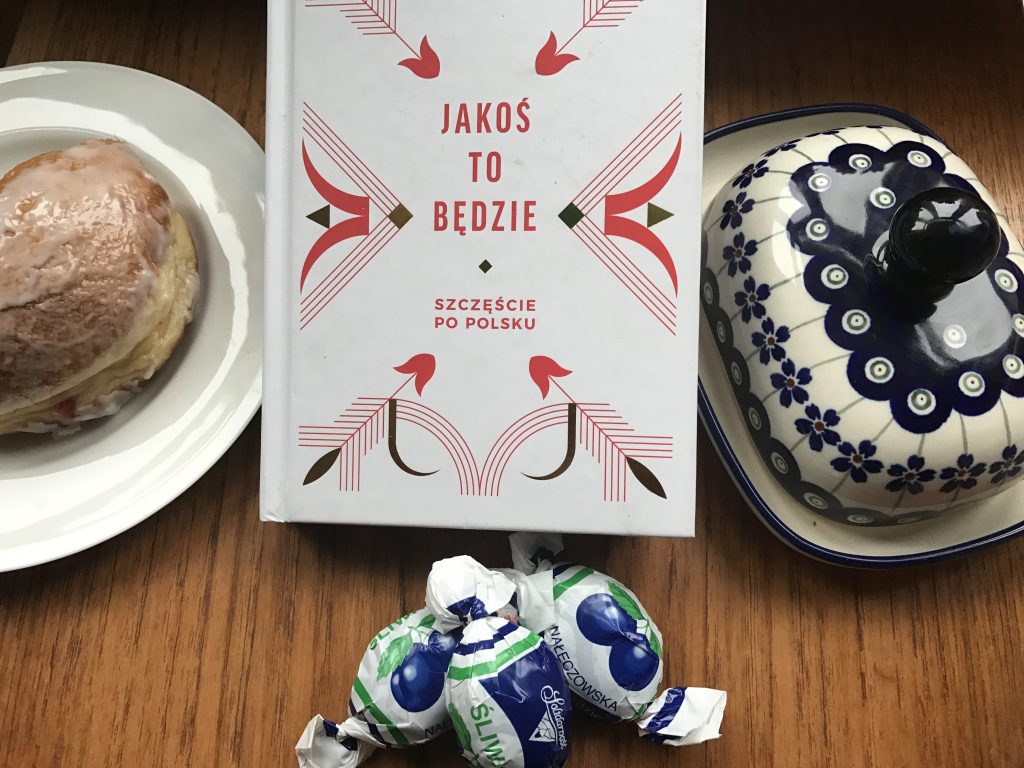
Above, a copy of „Jakoś to będzie” with some of the things that make me happy.
British branding guru Wally Olins once described Poland as being: ‘a part of the West and also understanding the East; Polish people are passionate and idealistic and also practical and resourceful. These tensions create a restlessness and a boisterousness that is always stimulating. This creative tension is why Poland produces so many entrepreneurs, artists and sportspeople. And it’s why Poles have always tried to achieve the seemingly impossible – and often succeeded.”
Poles typically believe in family, spirituality and tradition. We love being feisty and due to our Ulan fantasy (taken from the young Polish Tartar cavalrymen who were impetuous and brave), we believe the impossible can become possible. It makes me think of my father who is still capable of dancing a Polka as he nears his 9th decade.
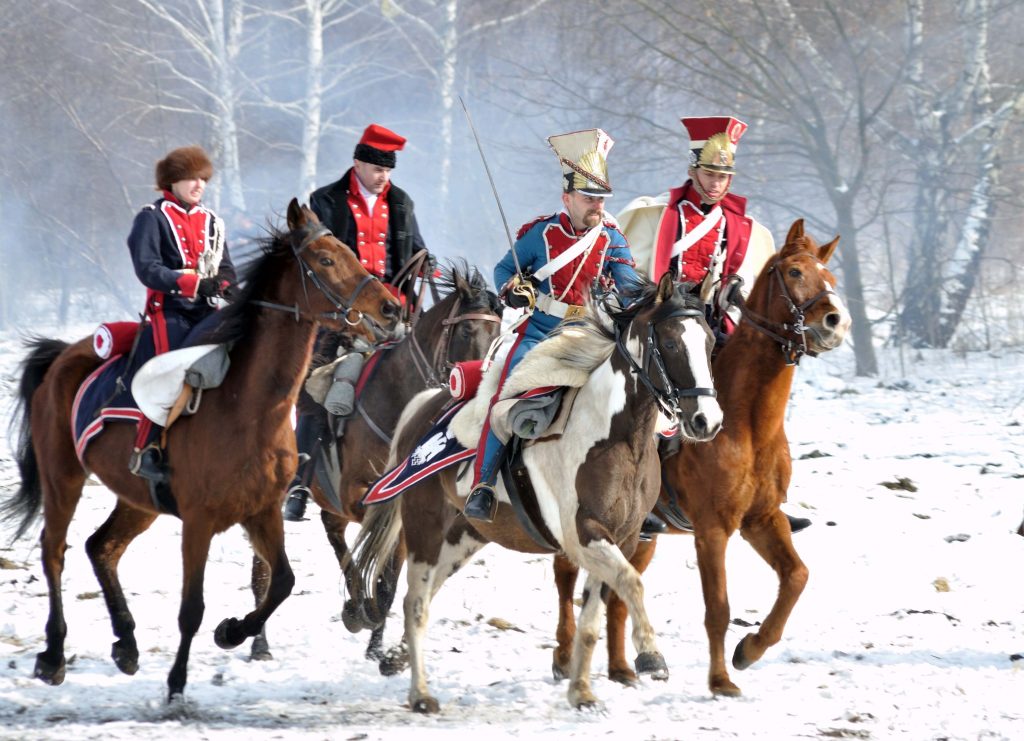
Shutterstock.com
In difficult times we are saved by our ironic sense of humour and unswerving faith that we will be able to deal with anything that comes our way. There’s a reason why there are so many roadside chapels in Poland to pray at whenever you have a problem. This is the core of our philosophy: have faith, SPOKOJNIE (calmly), JAKOŚ TO BĘDZIE.
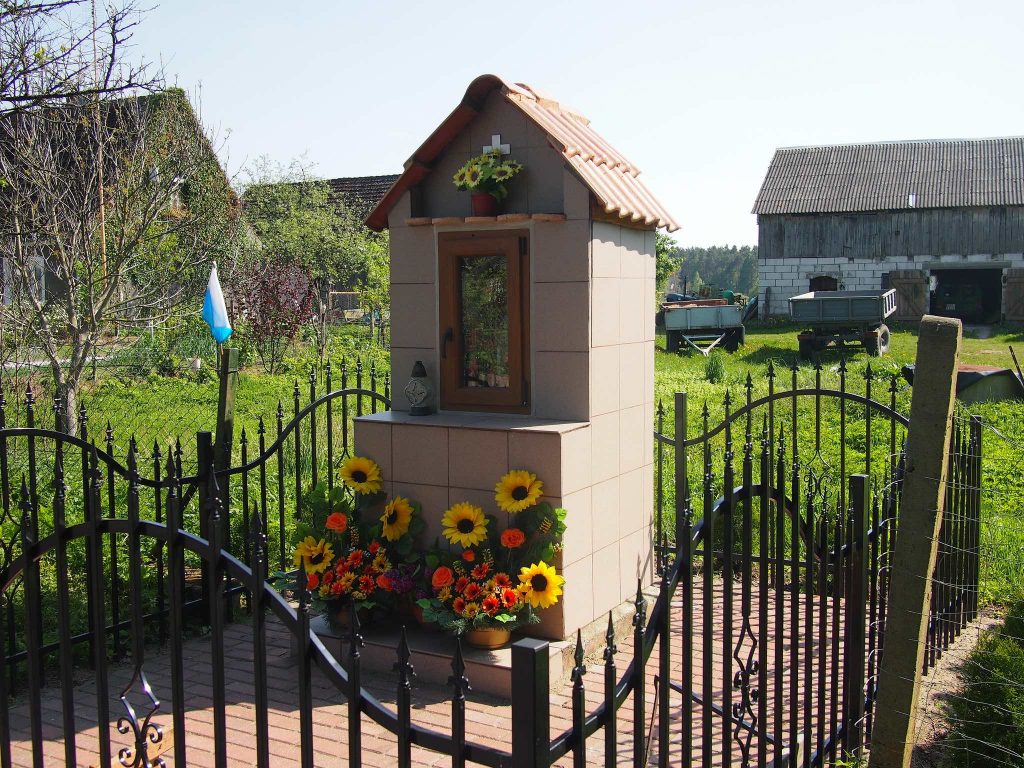
“Creative Commons by Tomasz Przechlewski is licensed under CC BY 2.0
There are many other definitions in the book, entitled „Jakoś to Będzie – Szczęście po Polsku”, such as our energetic attitude to work, or our ever changing geographical boundaries which have got us used to constant strife – but I’ll leave you to guess them, or get hold of this gem of a book.
And how to find this happiness? There are lots of ways described – our Polish kitchen, our nature, our fashion style (what suits us rather than what’s fashionable), knowing our history and in our unique togetherness of feasts such as Wigilia (Christmas Eve) which is unthinkable to spend without family. Our happiness is found in family get-togethers, in outings with friends, in the rustle of Polish birch trees, the sight of a harvested field or even the stillness of a lake, as I found this summer at Lake Wdzydze.
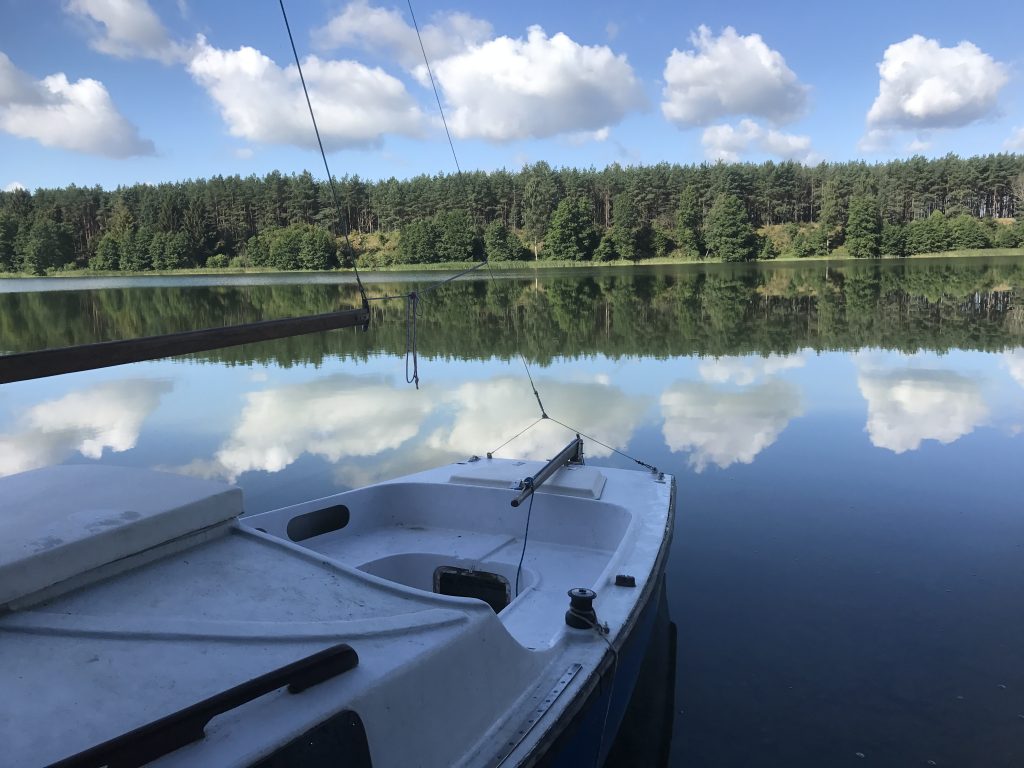
Hygge is great. Yet for many Poles, we say, „Jakoś to będzie” and carry on enjoying life in spite of misfortunes, with our natural panache for being slightly edgy. Hygge or not, our active approach to problems and belief that the impossible is always possible keeps us going wherever life takes us.
* Survey “Diagnoza Społeczna” carried out bi-annually by a team led by prof. Janusza Czapińskiego
If you liked this post you might also want to read:
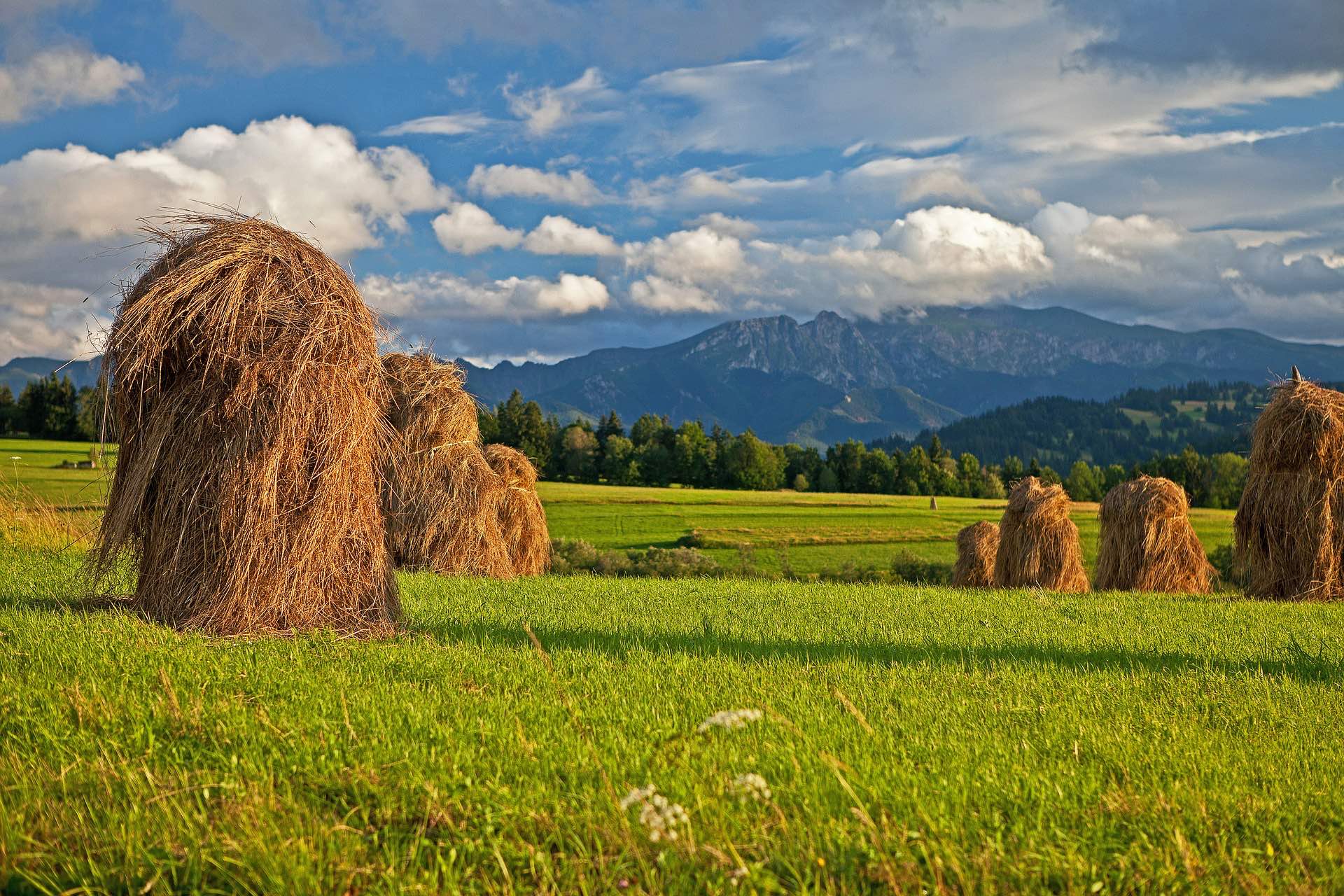
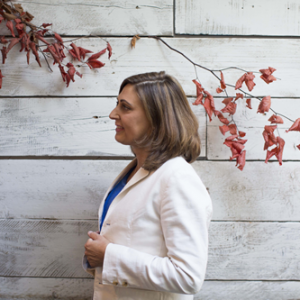
 1.Tracing Family History pre-WW2
1.Tracing Family History pre-WW2 2. Tracing Family History WW2
2. Tracing Family History WW2